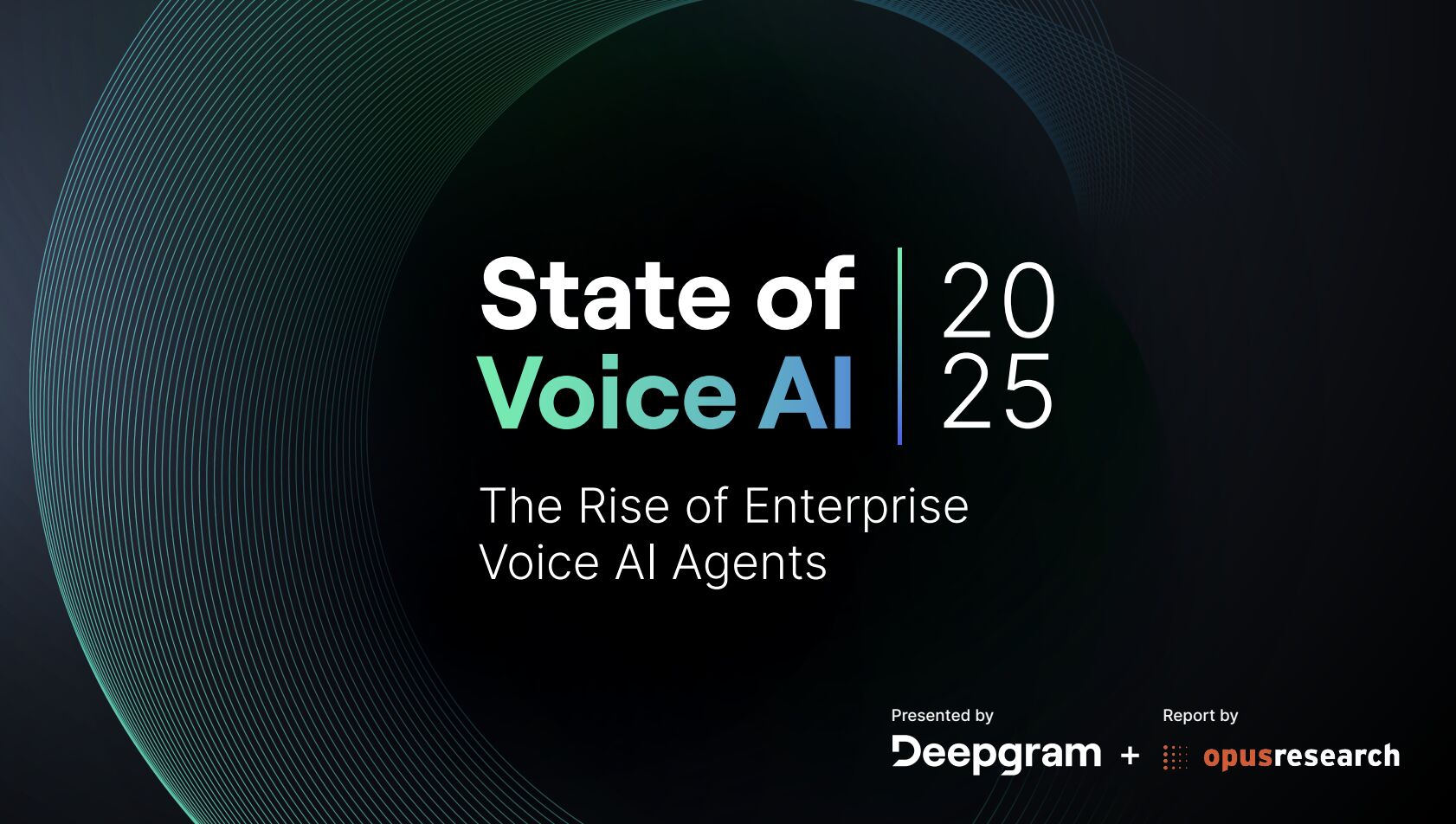Serving Border and Indigenous Communities: How Arizona’s FQHCs Deliver Culturally Competent Care with AI Innovation

Introduction
Arizona’s unique geography and demographic diversity present both challenges and opportunities for Federally Qualified Health Centers (FQHCs). Stretching from the bustling urban Native American communities in Phoenix to the rural and often underserved U.S.-Mexico border region, Arizona’s FQHCs serve populations with distinct health needs shaped by cultural, linguistic, and environmental factors.
Border communities face issues like limited access to healthcare, exposure to agricultural hazards, and water safety concerns, while Indigenous populations often experience disparities rooted in historical inequities and social determinants of health. Arizona’s health centers respond by tailoring services to these diverse needs through bilingual outreach, culturally sensitive care, and community-driven programs. This localized, culturally competent approach is vital to reducing health disparities and improving outcomes.
In recent years, the integration of artificial intelligence (AI) into healthcare delivery has further empowered Arizona’s FQHCs. AI tools enhance outreach, patient engagement, and care coordination, making healthcare more accessible and effective for border and Indigenous populations. This article explores two key AI-driven features—advanced language and cultural adaptation technologies, and AI-enabled community health worker support systems—that enable these FQHCs to meet the unique needs of their communities. We also showcase real-world examples demonstrating how Arizona’s FQHCs have successfully combined innovation with local knowledge to deliver impactful care.
AI-Powered Language and Cultural Adaptation Technologies
Language and cultural barriers often hinder access to quality healthcare for border residents and Indigenous populations. Arizona’s FQHCs are leveraging AI-driven language translation and cultural adaptation tools to overcome these obstacles and provide truly patient-centered care.
Real-Time Multilingual Communication
Many border communities in southern Arizona predominantly speak Spanish, while Indigenous patients may speak Native languages alongside English. Traditional interpreter services can be limited or costly, leading to miscommunication and lower care quality.
AI-powered translation platforms, integrated into telehealth systems and electronic health records (EHRs), provide real-time multilingual communication support. These platforms automatically translate patient-provider conversations, consent forms, and health education materials into patients’ preferred languages with remarkable accuracy.
For example, an FQHC in Nogales uses an AI-enhanced telehealth platform that supports English-Spanish and Indigenous language interpretation during virtual visits. This technology has reduced appointment no-shows by 15% and improved patient satisfaction scores by enabling clearer communication and greater trust.
Cultural Adaptation of Health Content
Beyond language, cultural relevance is crucial. AI tools analyze local health beliefs, practices, and social determinants to tailor health messaging and intervention strategies. By using natural language processing and machine learning, these tools help clinicians understand culturally specific health behaviors and deliver care aligned with community values.
In practice, AI-assisted patient education modules adjust content to reflect cultural dietary habits or traditional healing practices relevant to Indigenous patients. This personalized approach increases patient engagement, adherence to treatment plans, and overall health outcomes.
A 2023 study by the Arizona Indigenous Health Collaborative found that culturally adapted AI-supported education reduced diabetes-related hospitalizations among Indigenous patients by 12%, demonstrating the power of blending technology with cultural sensitivity.
AI-Enabled Community Health Worker (CHW) Support Systems
Community Health Workers (CHWs) serve as critical liaisons between healthcare providers and border or Indigenous communities, often bridging gaps caused by mistrust, transportation barriers, and social challenges. Arizona’s FQHCs are increasingly equipping CHWs with AI tools that enhance their outreach, data collection, and case management capabilities.
Predictive Analytics for Targeted Outreach
AI-powered predictive analytics platforms help CHWs identify high-risk individuals and prioritize outreach efforts. By integrating social determinants of health data, environmental factors like water quality, and clinical information, these tools generate risk scores and actionable lists.
In southern Arizona, where migrant farmworkers face occupational health risks and limited clinic access, CHWs use AI dashboards to locate individuals needing urgent screening or intervention. This data-driven targeting improves efficiency and maximizes the impact of limited resources.
For instance, the Community Water Project partnered with local FQHCs and deployed an AI-enabled CHW outreach program that screened over 3,000 households for water contamination-related health risks. The initiative resulted in a 20% reduction in lead exposure symptoms reported in participating families.
Mobile AI Applications for Data Collection and Care Coordination
CHWs in remote border areas often work in the field without immediate access to clinic systems. Mobile AI applications allow CHWs to collect patient data, document social needs, and communicate with clinical teams in real time—even offline.
These applications include AI chatbots that assist CHWs in conducting standardized screenings, identifying social risk factors, and generating personalized care plans. They also facilitate referrals and follow-ups, ensuring patients receive comprehensive support.
A recent pilot in Pima County showed that AI-supported CHWs increased follow-up appointment adherence by 18% and reduced emergency room visits by connecting patients to preventive services more effectively.
Real-World Examples: Tailoring Care in Border and Indigenous Communities
Arizona’s FQHCs demonstrate how combining AI innovation with community expertise transforms care delivery for diverse populations.
Native Health in Phoenix: Urban Indian Health Center
Native Health, Phoenix’s Urban Indian Health Center, serves one of the largest Native American populations in the Southwest. They have integrated AI-driven language tools to support the many tribal languages spoken by their patients, improving communication and engagement.
In addition, Native Health uses AI to analyze social determinants data collected by CHWs, helping design culturally sensitive interventions addressing housing insecurity and mental health. These efforts contributed to a 15% decrease in behavioral health emergency visits from 2021 to 2024.
Mariposa Community Health Center: Serving Border Migrant Workers
Located near the border, Mariposa Community Health Center has collaborated with local advocacy groups and utilized AI-enabled CHW support systems to address migrant farmworker health needs.
Their bilingual AI-powered telehealth kiosks offer virtual consultations with Spanish-speaking clinicians, reducing barriers for workers facing transportation and time constraints. AI predictive analytics have helped target interventions for pesticide exposure and chronic disease management, leading to a 22% increase in screening rates since 2019.
Community Water Project and FQHC Partnerships
The Community Water Project works closely with southern Arizona FQHCs to address environmental health risks in border communities. Using AI-enhanced data collection tools, CHWs identify homes with unsafe water sources and coordinate with healthcare providers to manage related illnesses.
This collaborative, data-informed approach has improved early detection of waterborne diseases and connected residents to preventive care, illustrating the power of integrating technology with grassroots partnerships.
Conclusion
Arizona’s Federally Qualified Health Centers stand at the intersection of innovation and cultural competency, delivering vital healthcare services to some of the most diverse and underserved populations in the nation. By embracing AI-powered language translation, culturally adapted health education, and AI-enabled Community Health Worker support systems, these centers overcome longstanding barriers in border and Indigenous communities.
Data shows that these AI-enhanced strategies lead to improved communication, more targeted outreach, higher quality care, and ultimately, better health outcomes. FQHCs like Native Health and Mariposa Community Health Center exemplify how technology can amplify community trust and culturally informed care.
To build on these successes, policymakers, funders, and health leaders must invest in expanding AI tools tailored for diverse populations and strengthen community partnerships. Supporting training for CHWs and providers on culturally competent AI applications can further enhance healthcare equity. Together, these efforts can ensure that Arizona’s border and Indigenous communities receive the high-quality, respectful care they deserve.
References
- Arizona Department of Health Services, Community Health Report, 2023.
- Native Health Annual Impact Report, 2024.
- Mariposa Community Health Center Quality Improvement Data, 2023.
- Community Water Project, Environmental Health Impact Study, 2022.
- “AI and Cultural Competency in Healthcare,” Journal of Health Innovation, 2023.
No Spam —
Just Good Stuff.
Join our newsletter for actionable advice, insider knowledge, and strategies that drive real results.
No fluff, just value.
%20(1).png)

.png)


























































































.png)
.png)
.png)



.png)
.png)
.png)
.png)